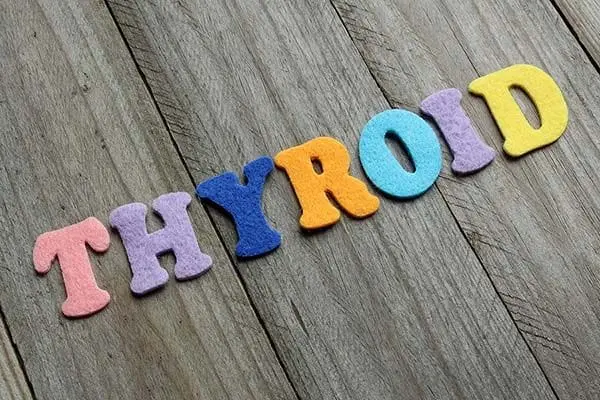
The staff at our family-owned cat clinic in issaquah is adept at recognizing the early signs and symptoms of Feline Hyperthyroidism. These signs include unexplained weight loss (in >95% of cats) with increased appetite, increased vocalization, matted and oily or poor condition hair coat, increased metabolism and activity or restlessness along with weight loss, vomiting and diarrhea, racing heartbeat, panting or difficulty breathing and otherwise not doing well. Since recognizing many of these signs and symptoms does not require you to be a cat veterinarian, keeping a watchful eye on the health and condition of your feline is always vital. Once you are at our veterinary hospital in Issaquah WA, we can run the appropriate blood work and diagnostic tests to check for hyperthyroidism. If a cat is hyperthyroid or at risk of becoming hyperthryoid, the best defense are twice yearly exams and blood work.

Regardless of the choice of treatment, it is important that your trusted Issaquah veterinarian take the time to educate you about the treatment options and the budget involved while you are visiting your veterinary clinic. Long-term, between bloodwork, recheck exams and medication costs, treatment costs can quickly eclipse more pricey (but often single-expense) radioactive iodine. Having said that, radioactive iodine is not appropriate for every cat so it's vital that you and your cat vet discuss the potential kidney disease or heart damage that may be unmasked when your cat is "cured" of hyperthyroidism. Due to the cost and complications (including but not limited to parathyroid damage, nerve damage, etc.), thyroidectomy (surgical removal of the thyroid) is not recommended and rarely practiced.
